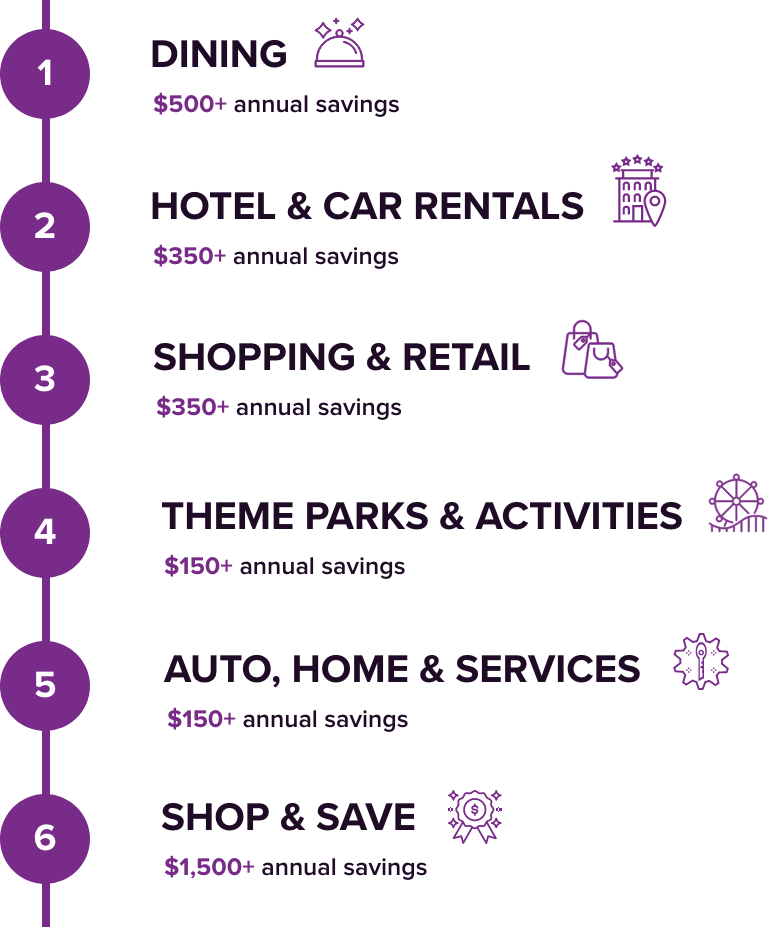Part II of II: The Decision-Making Process
Last week we posed the question regarding how a Faith Driven Consumer can practically navigate all the different decisions involved in everyday purchases. While we at Faith Driven Consumer™ (FDC) aim to increasingly arm you with resources that help enable choices that align with your values, no easy, straightforward playbook exists. (If you haven’t gotten a chance to read part 1, check it out and then head back over here to read part 2) Before getting into the practical discussion of what that decision-making process may look like, it was important to cover why we should not be burdened by the massive amount of information and countless choices available. Being a Faith Driven Consumer should not mean that you meticulously obsess over every purchase and fret over the destination of each penny. Instead, we should remember that we aren’t going to change the world overnight: it’s a marathon, not a sprint. As such, we should keep the main thing the main thing, and not become like the Pharisees in our attempts to steward our finances and Purchase with Purpose™.
Even still, taking these reminders to heart while remaining grounded in our faith and not our works, we still face a myriad of choices and questions concerning potential changes in our buying habits and the products we purchase. How do we navigate these questions, and what obligations do we have? Should you change products if your favorite is not rated Compatible, or even Acceptable by our Faith Equality Index? Is it ever ok to just say, “Well, it may not be the best company, but I love (fill in the blank) too much to change!” These are all questions you may ask yourself as a Faith Driven Consumer.
In the Part 1 blog, we gave an example of purchasing toothpaste to highlight some of these questions. We imagined your favorite toothpaste being Crest, a Proctor & Gamble product that currently receives an Incompatible rating with our FEI. We imagined you, as a Faith Driven Consumer, discover this fact and now have a few potential decisions to make. Let’s pick up where we left off and see if we can add some clarity to this decision-making process. Questions you may ask yourself include: Am I going to change toothpastes? Am I doing something wrong if I don’t? If I do change, can I just change to Colgate which is rated Acceptable? Or do I need to pick Arm & Hammer or another product that is also Compatible? What if I don’t like those toothpastes? What if I think another product that is less faith compatible is better at keeping my teeth clean, healthy and looking great?
There simply aren’t any easy, universal answers to these questions. Your responses will not change your faith, nor your salvation. The Bible provides us with many words of wisdom on stewarding well and honoring the Lord with what we have been given, by giving back to Him and to those less fortunate. But it’s largely silent on the specific issues addressed in the questions above. We no longer live under the letter of the law in the Old Testament, although many rich truths and lessons remain to be learned from it. And the context of the New Testament is so alien to our current culture, which exhibits unique features due to modern economic factors like capitalism, industrialization, (comparatively) incredible wealth, (mostly) free markets, and many other features that were not a part of the context for New Testament writers or first-century believers.
That’s both the good news and the bad news. The bad news is, we don’t have clear biblical answers to these questions like we might have for other moral ones such as, “Should we murder?” Spoiler alert: we shouldn’t. But the good news is that there aren’t a host of rules we have to follow in this uncharted territory. That means, instead of viewing being a Faith Driven Consumer as a minefield of biblical commands to avoid breaking, you have the freedom to make these judgments for yourself and do something utterly positive. You are empowered to employ the biblical truths you have discovered, the conviction of the Holy Spirt, and the common sense the good Lord gave you. Armed accordingly, you can develop a decision-making approach that makes the most sense for you, your family and the current situation of life in which God has placed you in His infinite wisdom.
Alas, we admit it: we don’t have an easy answer for you on the toothpaste question. We aren’t here to tell you that being a Christian means throwing away the Crest and searching for your previously discarded coupons for AIM. But it’s also possible that might be exactly what you feel is right for you. We’re just here to help provide you with resources for decision making and subsequently, with our (very rapidly) growing Community, to help influence and change things for the better. And that’s ultimately our goal: informing, incentivizing and assisting you in making any and all faith driven decisions about what you buy and why you buy it. We’ll leave the rest up to you.

